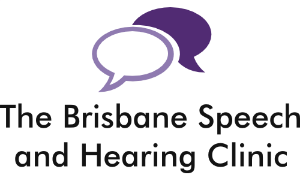Auditory Processing Disorders
What is an Auditory Processing Disorder (APD)?
Jack Katz, one of the most respected researchers in the field simply defines auditory processing as “what we do with what we hear”!
Children and adults with APD have normal hearing and intelligence but problems listening, storing, retrieving and organising what they hear.
What causes APD?
We can divide children and adults into 4 groups based on suspected cause.
Patients with evidence or suggestion of neurological damage. For example anoxia, birth trauma, head injury etc.
Patients who have a reasonably strong history of APD, speech and language difficulties, or learning difficulties.
Patients who have a history of ear infections especially with fluctuating hearing.
Patients with unknown cause. This group can include children with developmental delays in their auditory system or unexplained developmental difficulties.
What can be done for APD?
There are 3 possible approaches to the management and treatment of APD. The Audiologist or Speech Pathologist may recommend a combination of some or all of these approaches.
Environmental modification:
Improving the listening environment
Preferential seating in class
Repeating and rephrasing
Using visual aids
Enhancing the signal using:
Personal FM systems
Classroom amplification
Direct therapy focusing on the areas of difficulty identified in the assessment
What other professionals may need to be consulted?
Paediatrician or GP for general health check
Optometrist for vision assessment and also visual processing and eye movement
Psychologist for intelligence testing to help identify any strengths or weaknesses and to give insight into the person’s learning styles
Speech Pathologist for full language and speech evaluation including narrative and phonological awareness assessment
